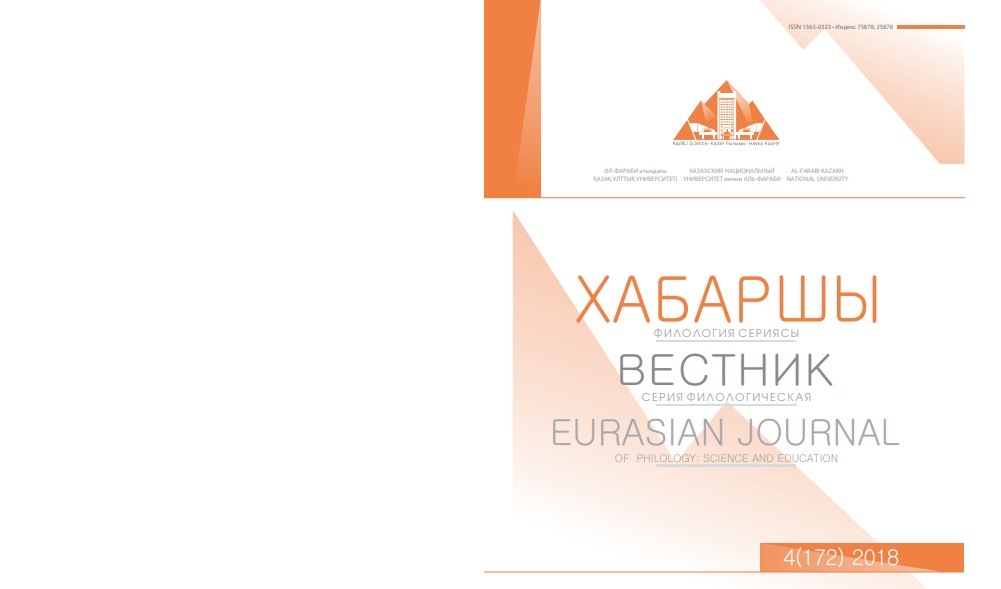Postmodern Irony: deconstruction of the text, the principle of non-selection
Abstract
Irony is the ideological basis of postmodern culture. The history of the study of irony comes from
Plato and Aristotle, who began to investigate, identify and analyze its properties in various manifestations. Their traditions were continued in the works of N.B. Mankovskaya, V.S. Samokhvalova, M. Lipovetsky, V.A. Kozlov, A.V. Dyakov and others, reveals the nature of irony in the context of postmodern
culture. Irony, having a comic, satirical nature, as a type of trope and satirical technique plays an important role in the literary text. Due to irony, the true meaning of the work, the situation is skillfully hidden
or contradicts the explicit meaning. Irony as a genre was often used in ideological struggle. However, the
phenomenon of irony, undergoing major changes in its evolutionary development, eventually becomes
the main feature of postmodern culture.
Postmodernism, considered a «temporary» phenomenon in all spheres of art, has been actively represented in the world literary process for more than half a century, which leads to the replacement of the
concept of «postmodern situation» with the term «postmodern worldview». We will not be able to limit
the use of irony as a typological feature of postmodern culture in the future, when the world art experience is included in the modern art by means of ironic citation. The scale of irony in postmodern texts
has reached the level of postmodern worldview, which reduces, rearranges, modifies various cultural
phenomena, genres, styles.
This article attempts a comprehensive analysis of irony as a sociocultural category of particular
importance for the characteristics of literature and culture of postmodernism.






